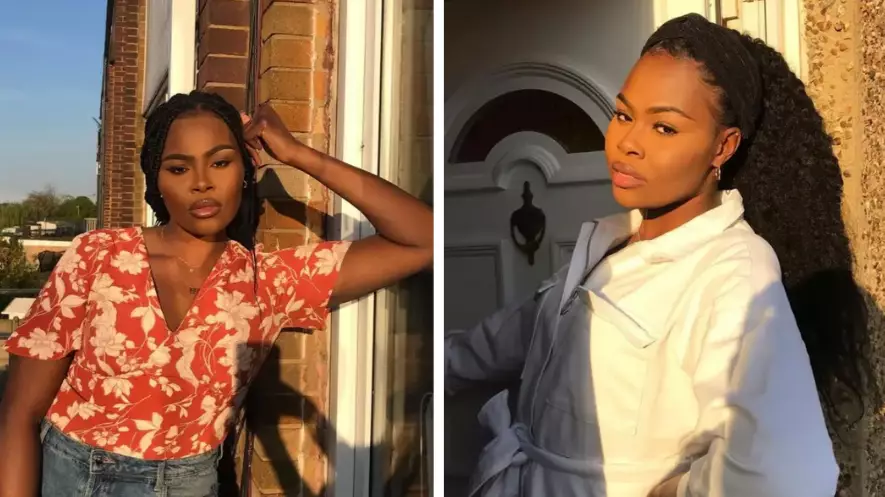
Words by Nikki Onafuye. This article was originally published in 2020
Growing up, I had a complicated relationship with my ferocious, 4c textured and out-of-place hair.
My friends had straight, golden, glossy tresses; the models in magazines didn't have a strand out of place. Primped, permed and propped: that was how I wanted mine to be.
If you can't beat them, join them, I reasoned - cue years of perming and relaxing my hair to make it appear straight and slick, just like in the magazines.
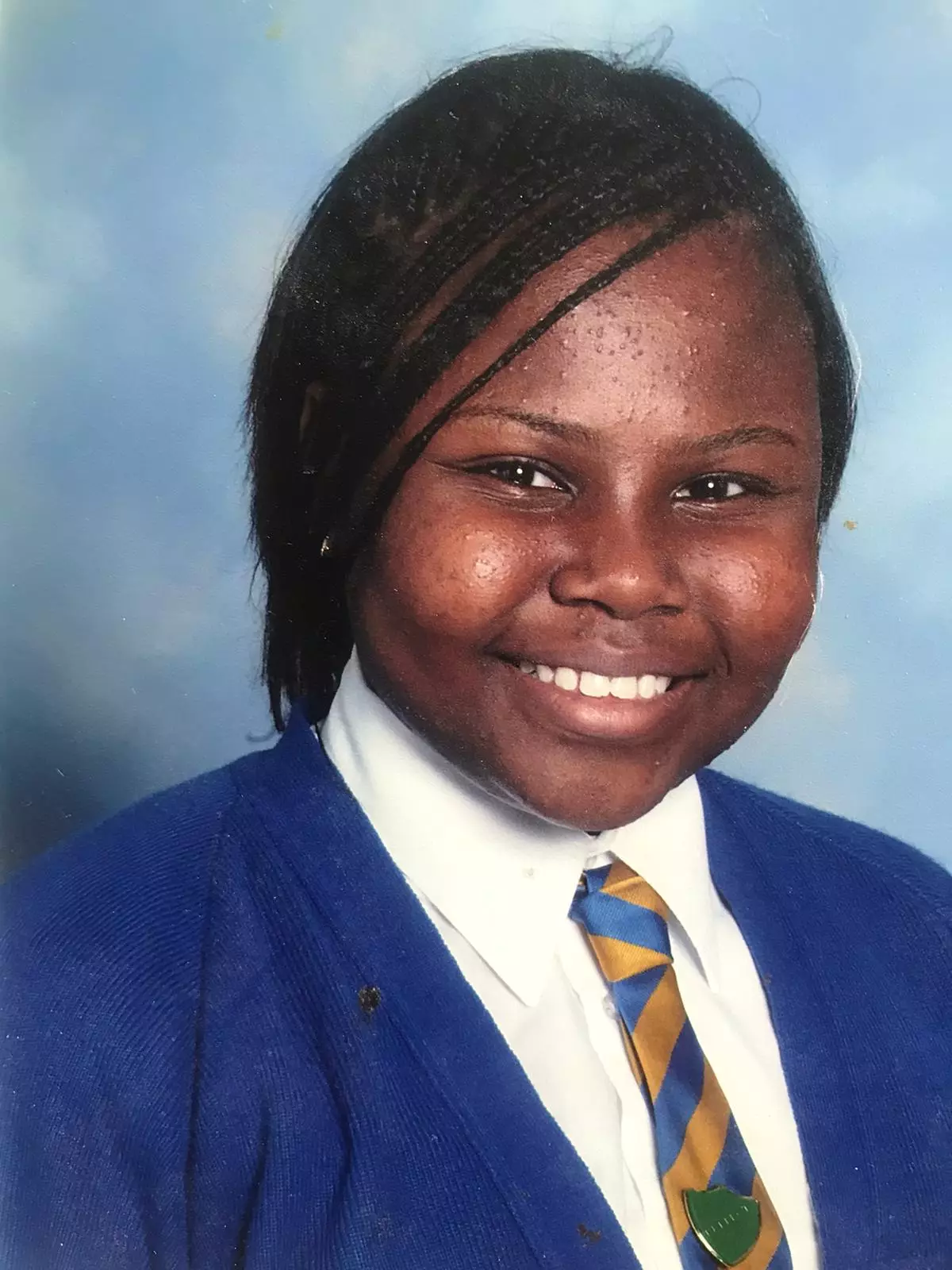
What followed was years of breakage and damage as my hair struggled to grow past my earlobes. The heat and chemicals wreaked havoc with it. Not only was my hair under siege; but despite my best attempts to blend in, I still didn't feel like myself.
It wasn't till my late teens that I realised that my hair was beautiful in its natural state; just the way it was. I found what worked for me and my natural hair. And that was: leaving it as it is.
From the 'fro to hair wraps and braids, the expression of beauty for Black women has always stemmed from the scalps of our heads.
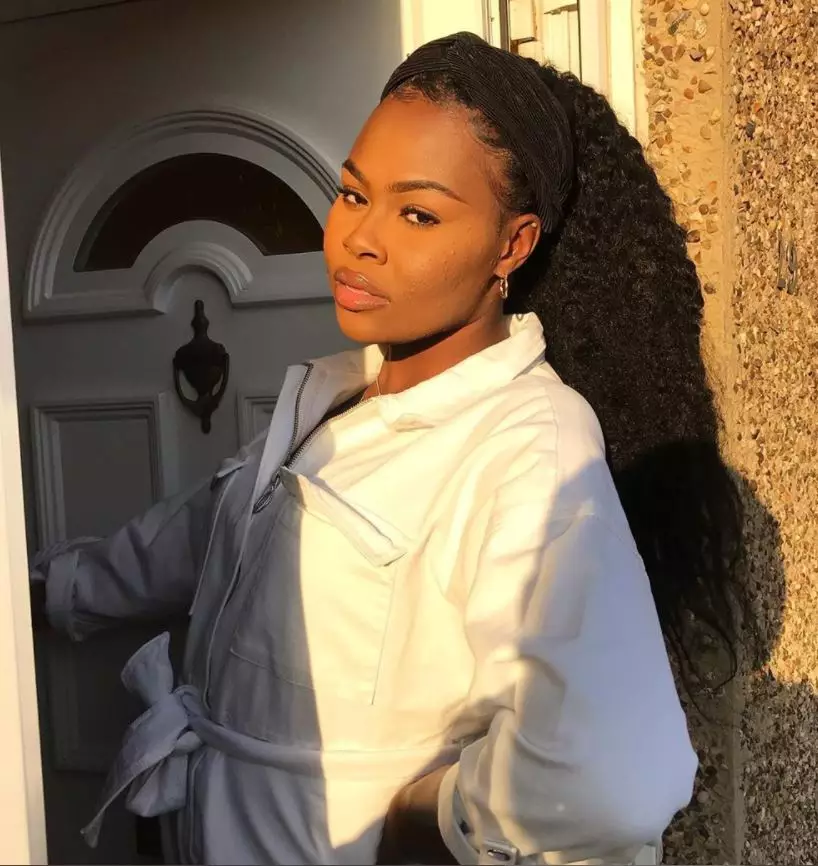
It's been heartening to see more women learning to embrace their natural locks in recent years; Black women use their hairstyles as a shield, a confidence booster, an expression of self and an escape from the pressures of western beauty.
But it hasn't always been so straightforward. From workplace hairstyles to cultural appropriation, Black hair and beauty has long been a sensitive topic of discussion in western culture.
During the nineteenth century, slavery was abolished in much of the world, including the United States in 1865. However, Black people still felt obliged to fit in with 'civilised' white society and adjusted their hair accordingly.
US beauty entrepreneur Madam C.J. Walker played a huge part in bringing afro-hair to the forefront of the beauty industry by selling hair growth products, shampoos and ointments aimed at the African American market in the late nineteenth and early twentieth century.
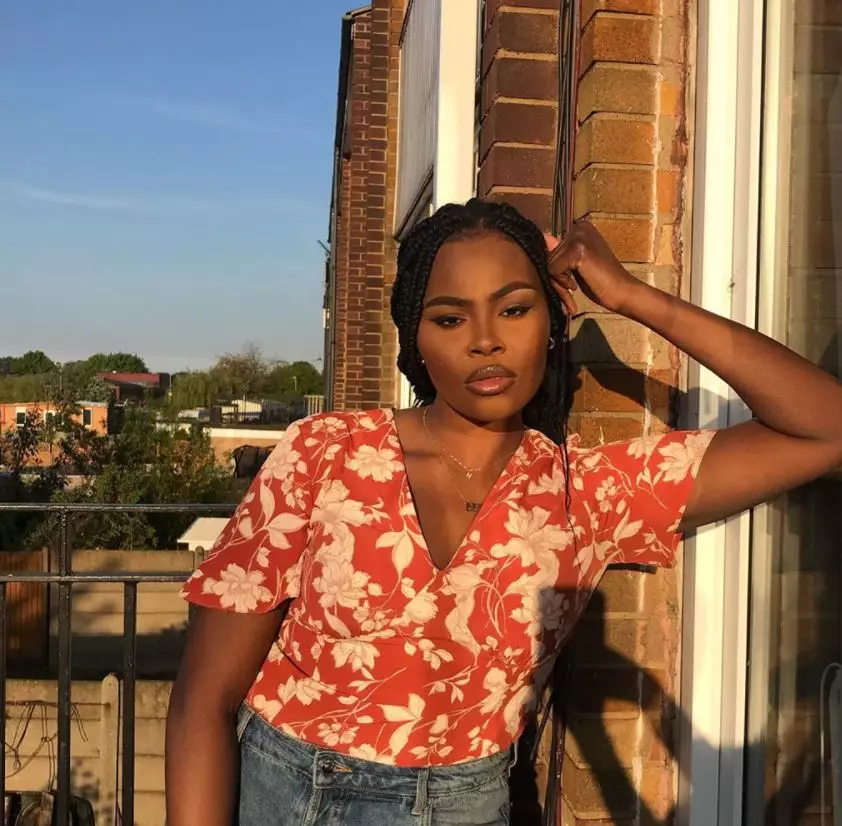
And in time the afro hair style, which was popularised during the 1960s civil rights movement, became a symbol of "rebellion, pride and empowerment" according to producer Aaryn Lynch. Sadly people to this day associate afro hair and dreads with someone who is 'messy' or involved with illegal substances.
More recently, the launch of haircare brands such as Shea Moisture and Cantu have become a lifeline for Black women wanting to "tame" their natural curls.
But Amiyah Gyemi, co-founder and brand manager of inclusive haircare brand plsLONDON, tells Tyla the lack of products for Afro hair on the British high street remains a problem.
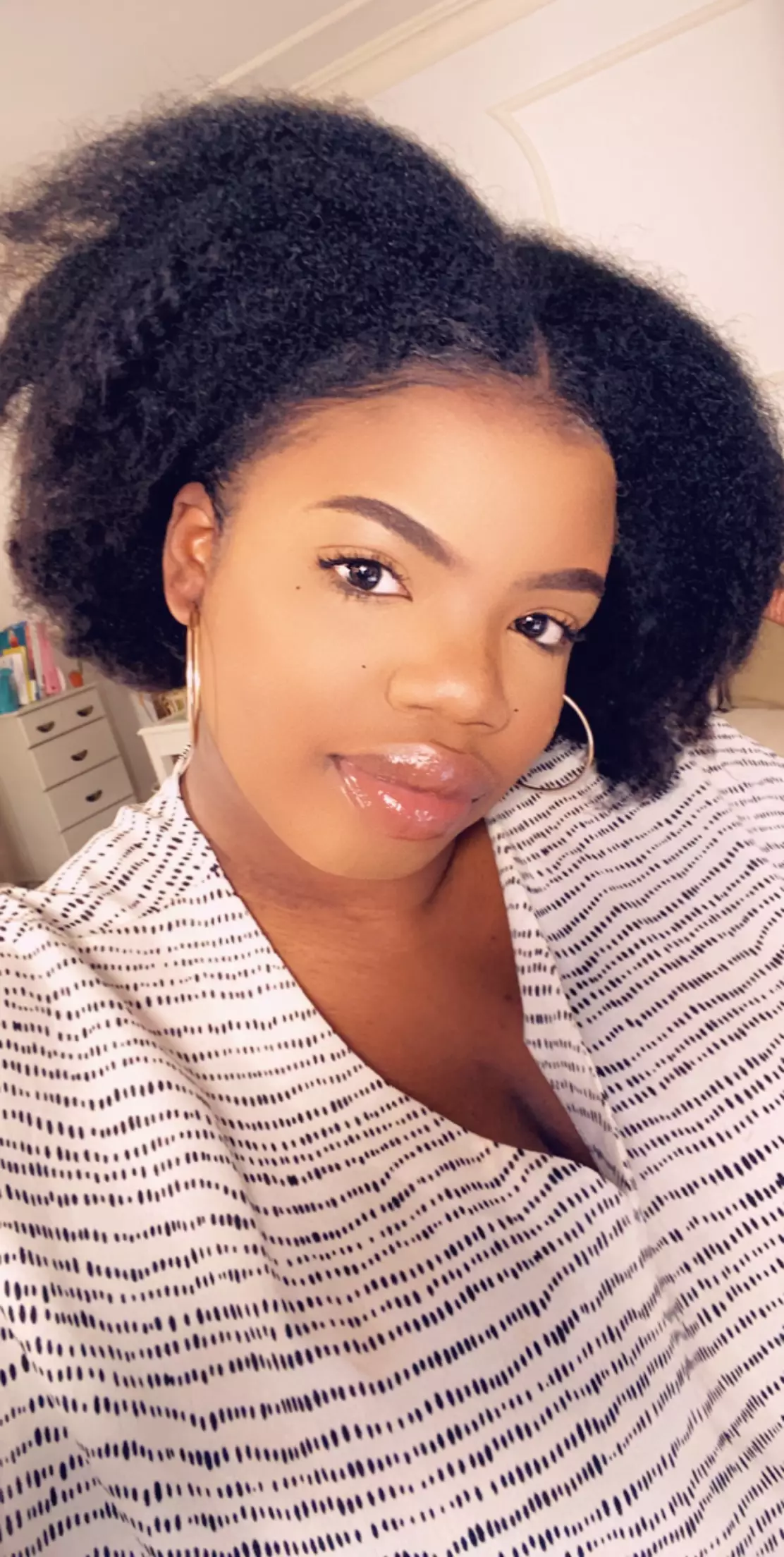
"Unfortunately, I think this is down to the lack of Black buyers and merchandisers in fashion and beauty industry and still brands not understanding Afro hair," she says.
"The biggest challenge this causes to people with Afro hair living in suburban areas is that they cannot just pop to their local high street and buy the right product for their hair. For instance, I used to live away in Kent for University but had to often pop back up to London just to buy basic products for my hair.
"My advice to young women who struggle to embrace their natural is hair is to not allow society's standards influence the way they look and feel - but also not to be pressured into always wearing your hair natural, as we all have the freedom to be who we want to be."
Western beauty standards would have us believe that we have to look like the Kardashians or the blonde, impossibly thin women we see on social media - and it goes without saying that not every woman has an easy relationship with her appearance, regardless of race. But Black hair is so far outside of this frame of reference as to be completely absent.
I love my hair now. Nappy, curly, straight, frizzy, afro, weave, braids - it is me and it is my hair. As a Black woman, I am choosing to see myself past society's ideology around beauty and what my hair should look like to someone else.
Featured Image Credit: Nikki OnafuyeTopics: Hair and Beauty, Style News, Real